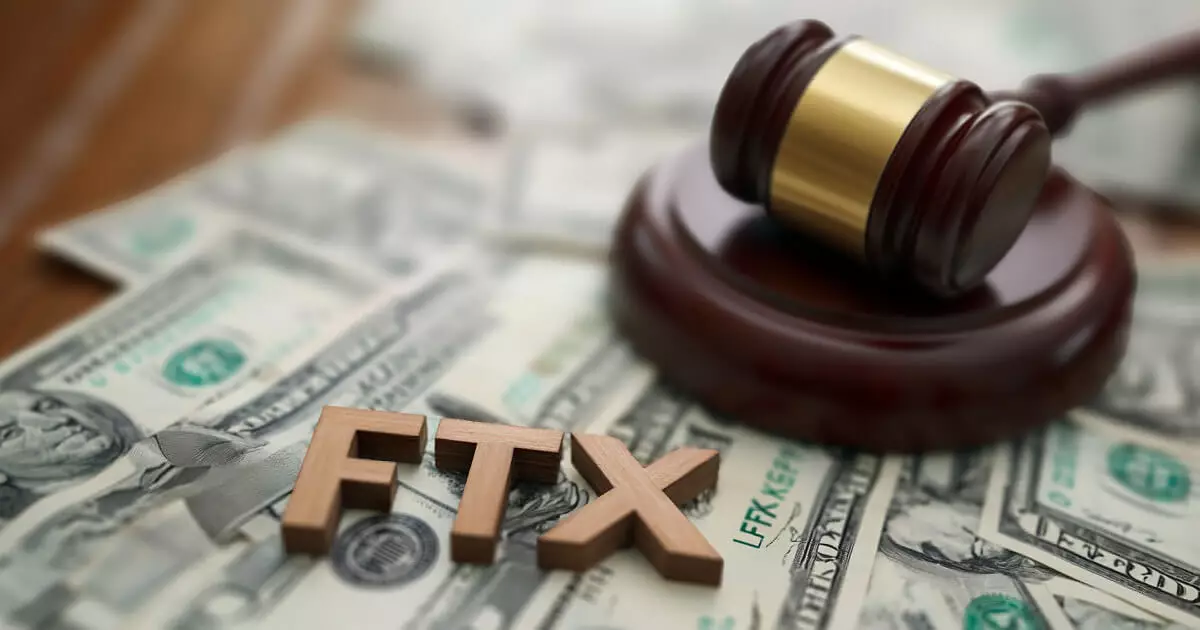The recent filing by the US Securities and Exchange Commission (SEC) regarding the proposed repayment strategy in the FTX bankruptcy case has raised significant concerns within the industry. The plan to repay creditors using stablecoins or other digital assets has prompted the SEC to reserve the right to challenge these transactions under federal securities laws. This move has been criticized for potentially prolonging the already complex bankruptcy process.
The SEC’s reservation to challenge the legality of the transactions adds another layer of uncertainty to the FTX bankruptcy proceedings. The bankruptcy case involves liquidating the company’s assets to repay thousands of creditors following the exchange’s collapse in November 2022. The SEC’s filing not only expresses concerns over the repayment strategy but also includes a request to remove a discharge provision from FTX’s Chapter 11 Plan. This provision, if removed, could prevent full accountability in the bankruptcy process.
The SEC’s approach in the FTX case has drawn sharp criticism from industry players, with many expressing concerns over unnecessary delays and complications in the bankruptcy process. Coinbase chief legal officer, Paul Grewal, criticized the regulator’s lack of clarity in handling the situation. Grewal highlighted the uncertainty created by the SEC’s reservations and emphasized the need for clearer guidance to investors, consumers, and markets.
Grewal’s comments reflect a broader frustration within the crypto industry over the SEC’s inconsistent and sometimes opaque regulatory approach. Many argue that the SEC’s actions may further delay the bankruptcy proceedings, prolonging the financial hardship for creditors. The lack of clarity regarding the use of stablecoins in creditor repayments has sparked ongoing debates about the classification of these digital assets under federal law.
If the SEC were to successfully challenge FTX’s use of stablecoins in creditor repayments, it could set a precedent that impacts other companies and creditors involved in similar bankruptcy proceedings. The ongoing debates and uncertainties surrounding the regulatory treatment of digital assets like stablecoins highlight the need for clearer guidelines and regulatory frameworks in the crypto industry.
The SEC’s concerns over the repayment strategy in the FTX bankruptcy case have added a new dimension of uncertainty to an already complex situation. The regulator’s reservations and lack of clarity have been met with criticism from industry players who emphasize the importance of clear guidance and consistent regulatory approaches. As the FTX case unfolds, the implications of the SEC’s challenge regarding the use of stablecoins in creditor repayments will be closely watched by all stakeholders involved.

